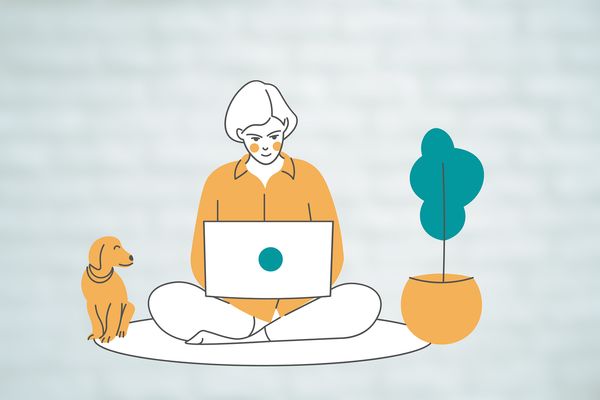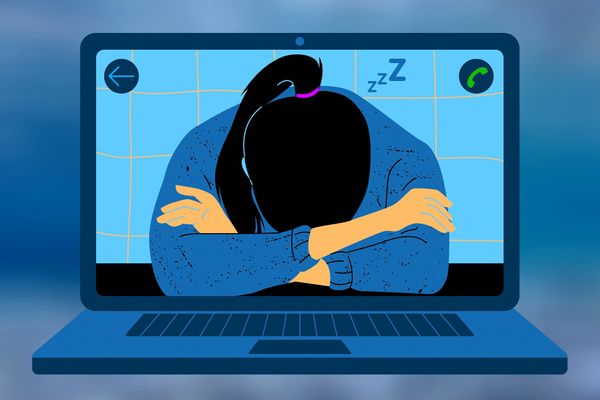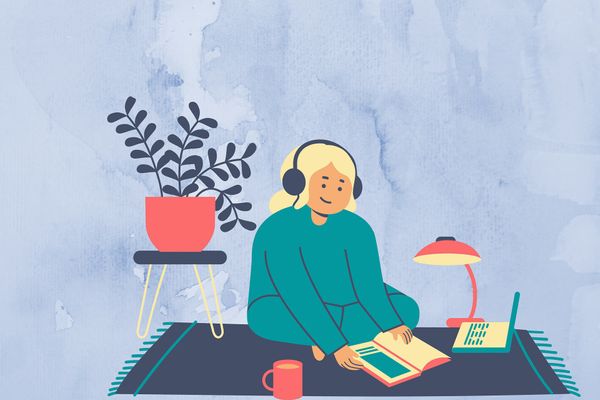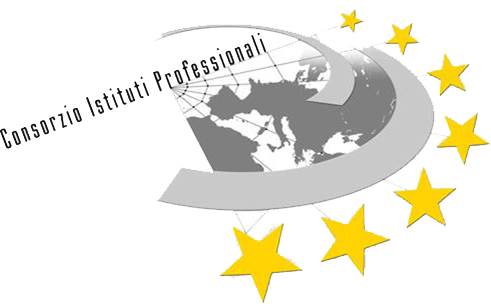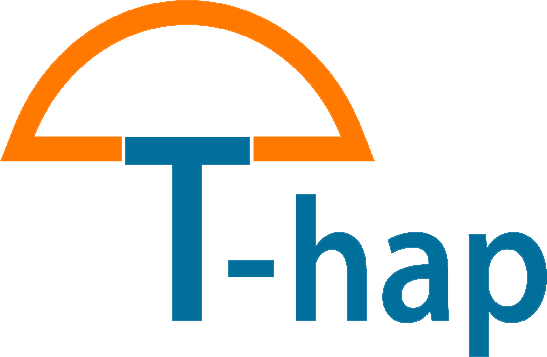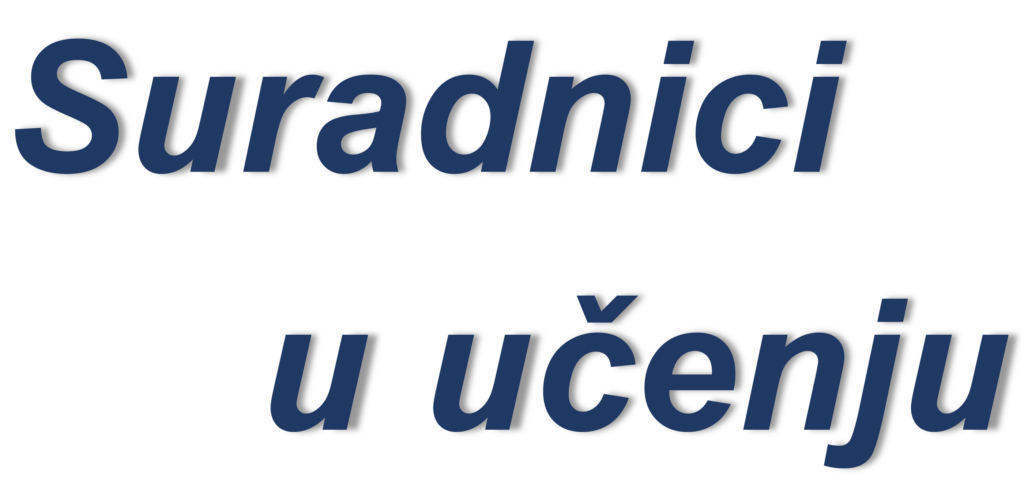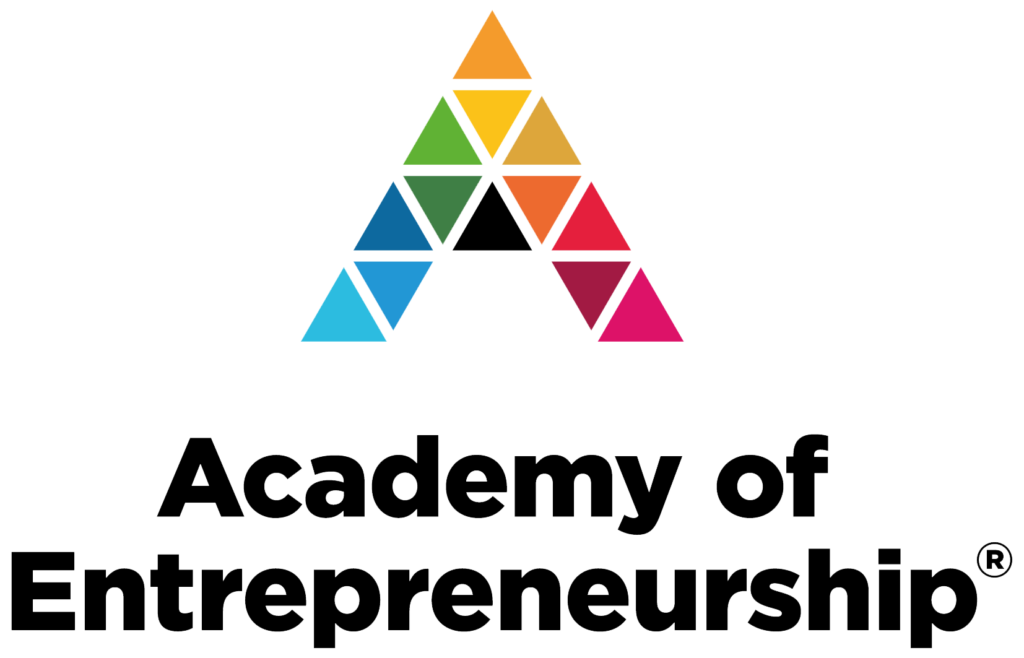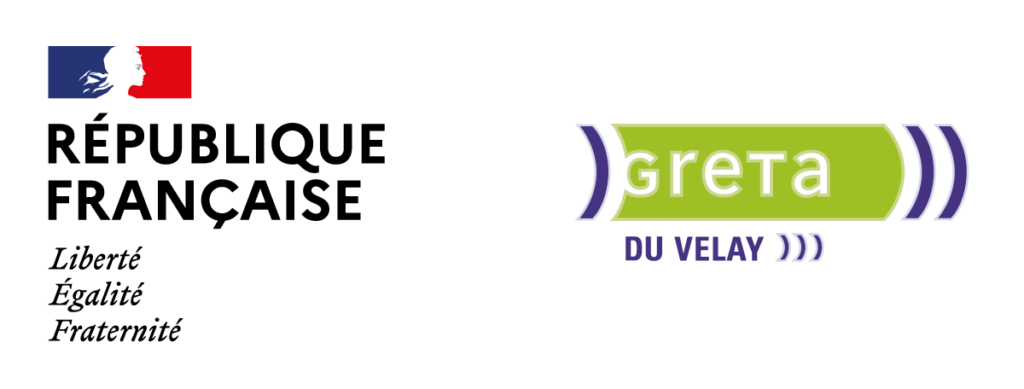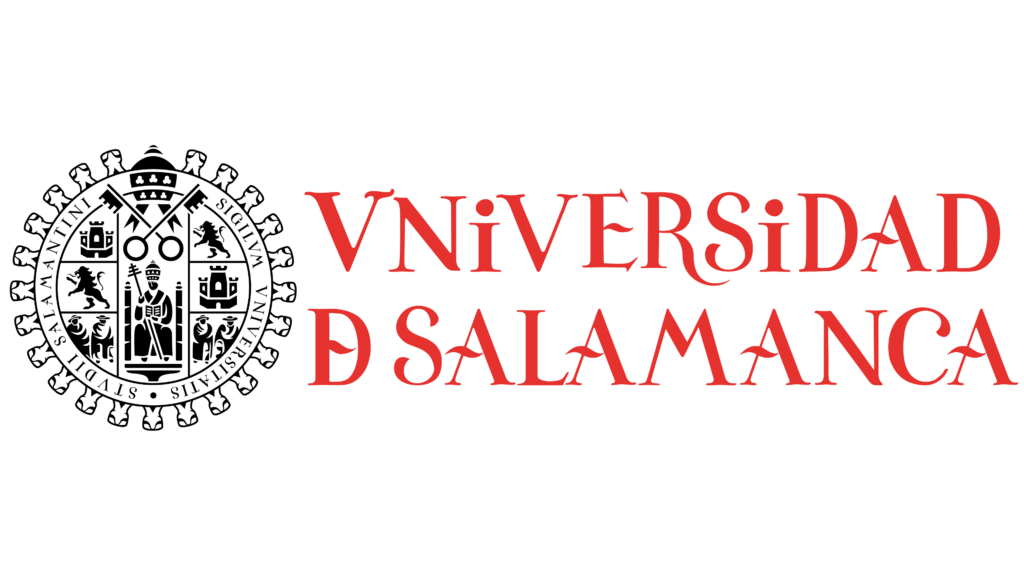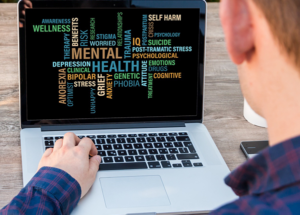
Welcome to the WIDE project – Wellbeing in Digital Education
The WIDE project aims to create a new methodology for online and distance learning. A methodology where the mental and physical wellbeing of the students and teachers are not sacrificed in the process of distance learning but instead integrated as a core value of the learning process.
The partnership will develop a methodology based on the replies of a cross European survey as well as the experience of teachers and experts.
A set of guidelines will by produced and presented in a professional and publicly accessible online platform and will then be tested thoroughly in all the partner countries.
Finally, based on the testing and evaluation, a set of policy recommendations will be presented to teachers and stakeholders in VET education institutions and policy makers across Europe.
Background of the WIDE project
The COVID-19 pandemic has created the largest disruption of education systems in history, affecting nearly 1.6 billion learners in more than 190 countries in all continents.
Distance learning was the obvious solution to the lockdown and schools and companies everywhere did their best to come up with interactive solutions to social distancing while learning.
Education systems are now asked to capitalize the lessons learned, embedding the innovation generated under emergency, and integrating novel approaches, methods and practices.
In many countries, education providers are struggling to integrate Digital Learning in their curricula, reorganizing their offer and delivery systems accordingly. Their prior concerns seem to be focused on technical requirements of digital learning systems and tools, on how to exploit the opportunities offered by these systems for effective delivery, how to integrate them in the curricular activity (blended learning) and on what kind of skills and competences teachers and learners should have, in order to use these new tools in the best possible way.
On the other hand, the lockdown has made evident that digital interaction is changing our approaches, ways of organizing ourselves, and expression. It is also true that the overload coming from long-time internet connections is extremely tiring, physically as well as psychologically. Digital learning implies not only the need of coping and adopting a so-called “digital mindset”, but also the wellness of each involved person (Trainer/teacher, learner).

Project number: KA220-VET-A5322CAB
The European Commission’s support for the production of this publication does not constitute an endorsement of the contents, which reflect the views only of the authors, and the Commission cannot be held responsible for any use which may be made of the information contained therein.


